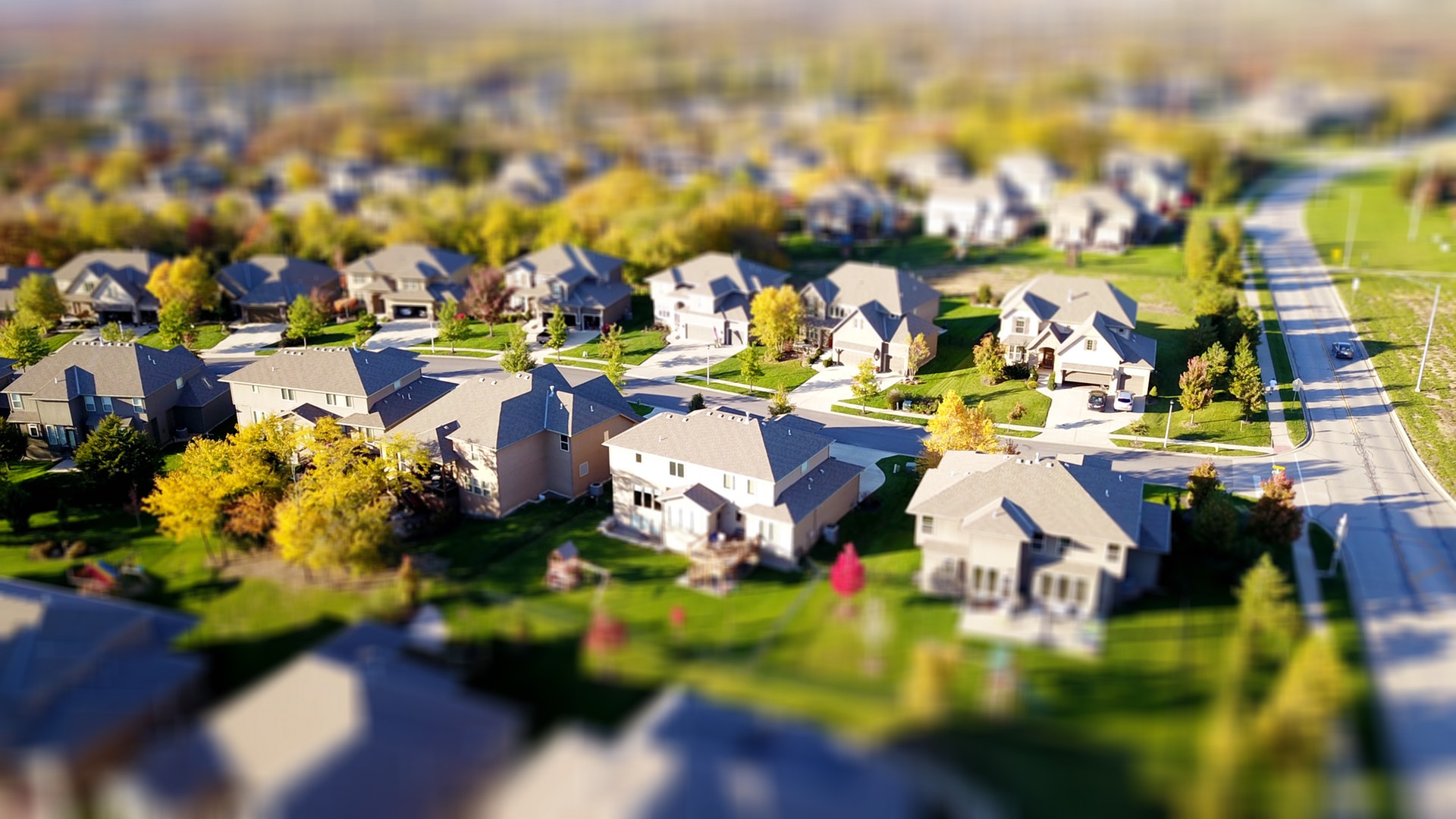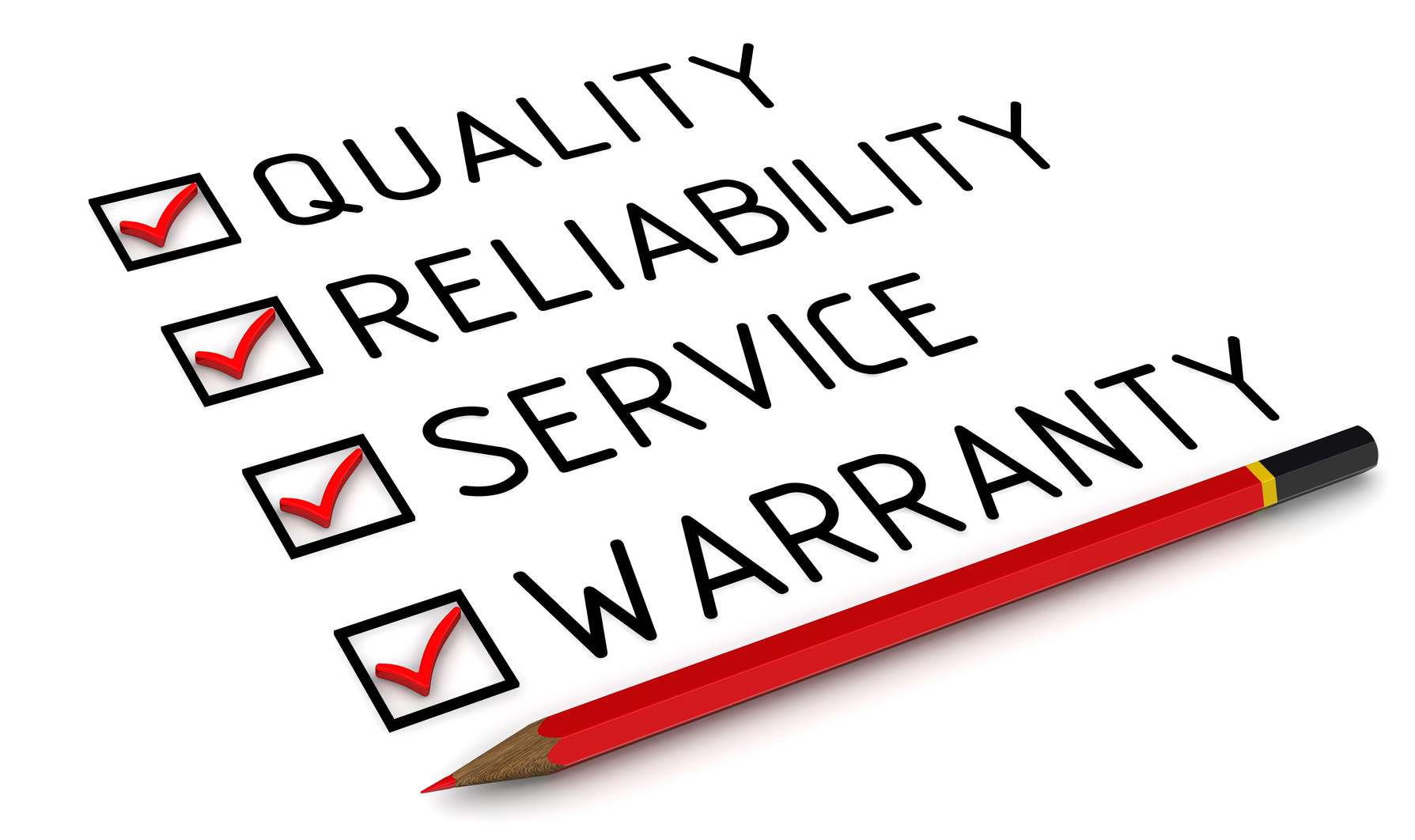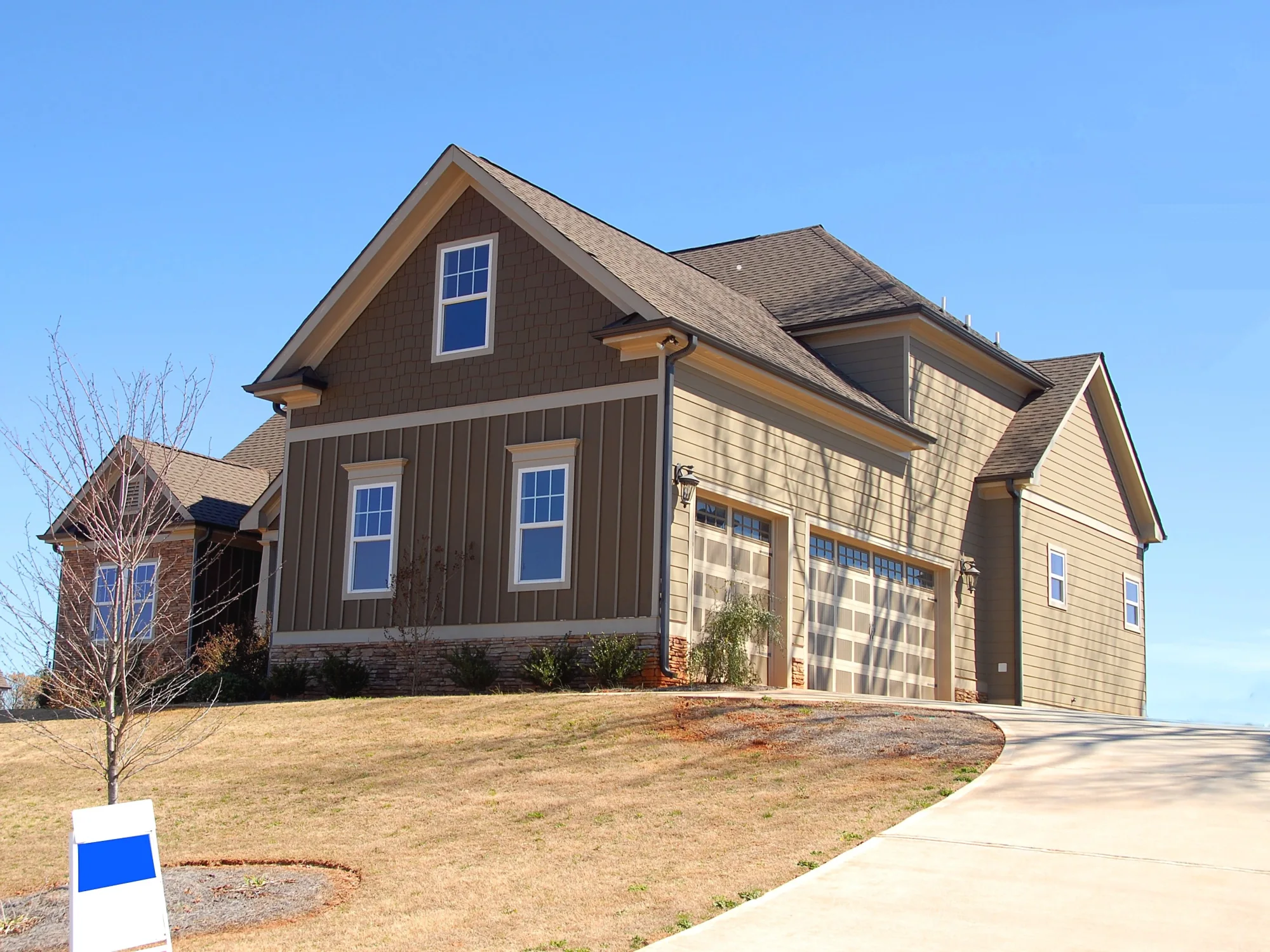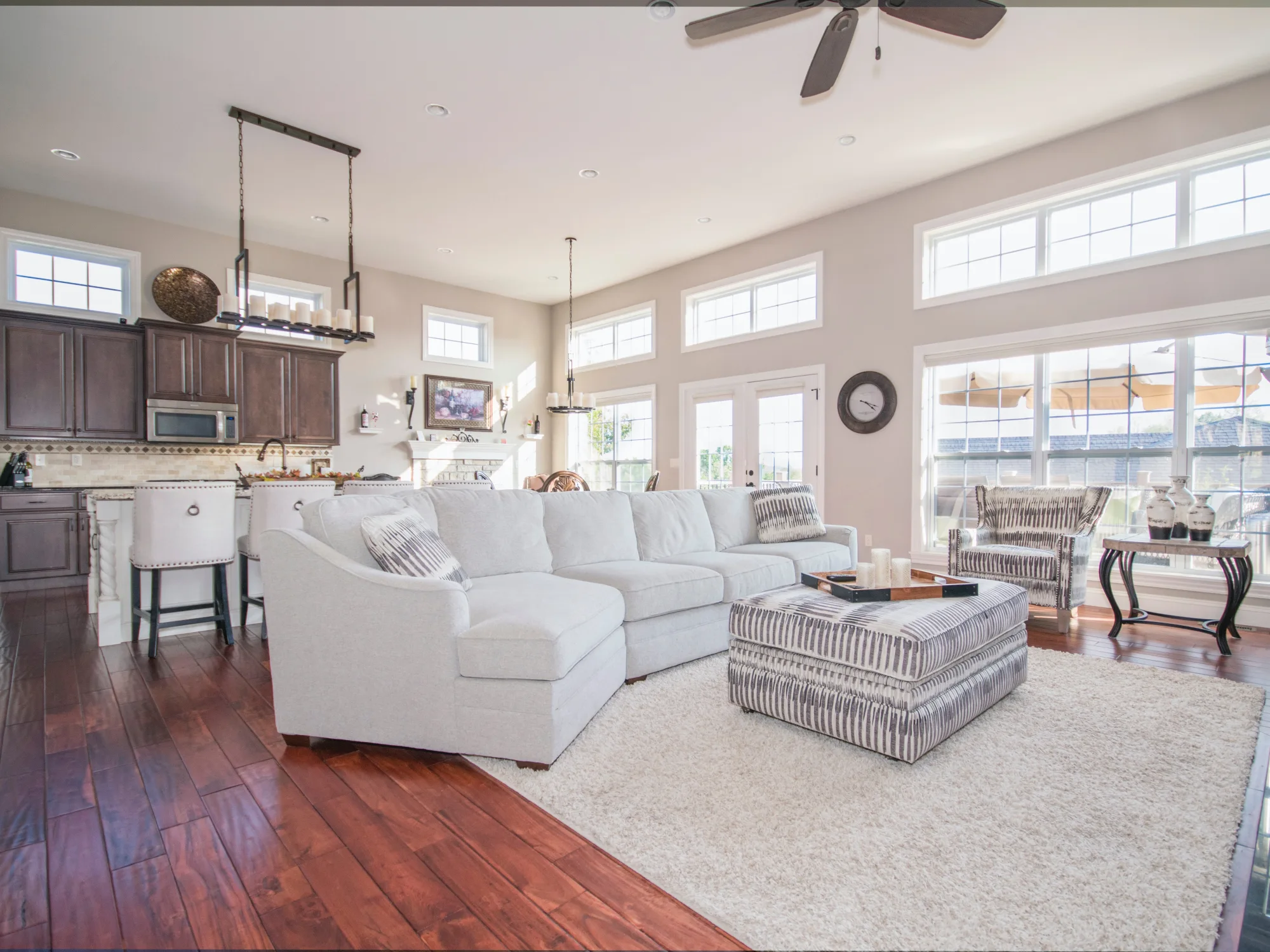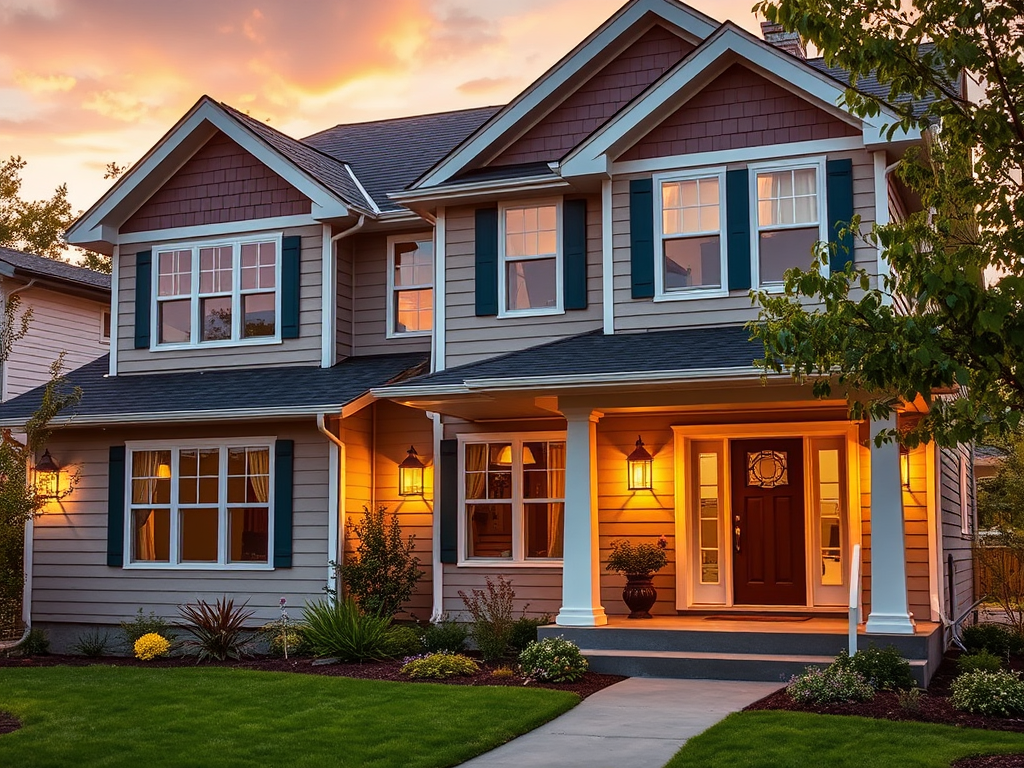Written by Corey A. Thrush; Originally posted October 24th,2015
- R.O.I. – Return on Investment. This is the amount of money that can be recouped when purchasing a product. Vinyl replacement windows have a return on investment of around 78% nationally.
- Energy Efficiency – By installing new vinyl replacement windows a home’s energy cost can be reduced up to 25 percent!
- R-Value – Basically the insinuation factor of product by rating the products ability to resist energy. The higher the number, the better the product.
- U-Value – The transfer of energy that a product allows. The lower the number, the better the window is at allowing heat or cold to transfer to the inside of your home.
- SHG – SHG, which stands for Solar Heat Gain, is the portion of solar heat passing through a window. This occurs when the solar energy is conveyed directly and/or absorbed, and radiates as heat inside a home. What this means is that the lower the SHG, the less heat from the sun is passing through. The higher the SHG, the more heat from the sun is coming in. In northern climate areas the best window to have is one with a low U-Value and higher SHG to allow sunlight to help heat the home in the winter months.
- Condensation Factor – Condensation can occur with any line of vinyl replacement window. Many factors go into this. Let alone from the window being manufactured with items that may be a conductor, you also have to look at the internal makeup of your home, as well as the outside weather conditions, that may contribute to this as well. The AAMA has stated that a window must have a condensation rating factor of at least a 35 for a thermally improved replacement window. The way to understand and read this factor is the lower that the stated number is, the higher the chance is for condensation to occur.
- Low-E Coating – Low-E, which stands for low emissivity, is a thin transparent metallic coating, sometimes tinted, that reflects heat while allowing sunlight to pass through.
- Argon Gas – Argon gas is clear, natural gas that is denser than the earth’s atmosphere. Therefore it acts as a better insulator than natural air and provides a better thermal efficiency.
- Sill Failure – Sill failure occurs when the insulator between the panes of glass has begun to escape. This can occur due to a stress fracture in the glass or when the spacer system fails.


